One Day Builds
Adam embarks on one of his most ambitious builds yet: fulfil…
Show And Tell
Adam recently completed a build of the royal St. Edwards cro…
Making
Viewers often ask to see Adam working in real-time, so this …
One Day Builds
Adam and Norm assemble a beautifully machined replica prop k…
One Day Builds
One of the ways Adam has been getting through lockdown has b…
Making
Adam unboxes and performs a quick test of this novel new hel…
Making
When Adam visited Weta Workshop early last year, he stopped …
One Day Builds
Adam tackles a shop shelf build that he's been putting off f…
Show And Tell
Time for a model kit build! This steampunk-inspired mechanic…
One Day Builds
Adam reveals his surprise Christmas present for his wife--a …







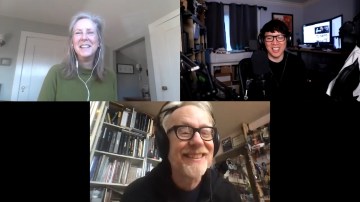
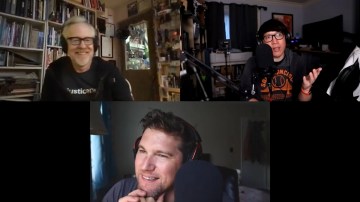
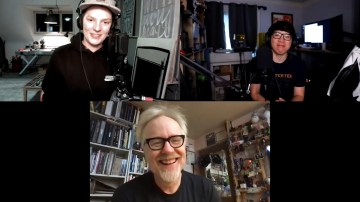
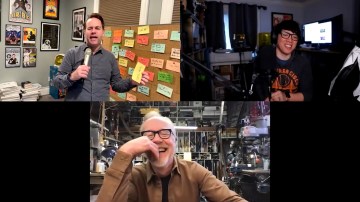
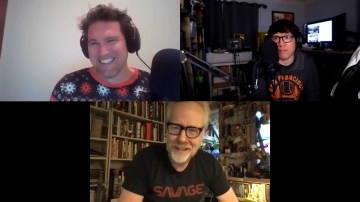
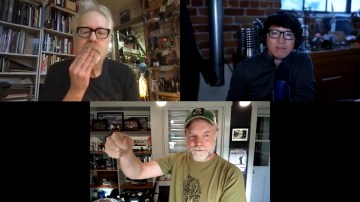
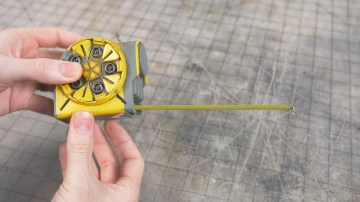
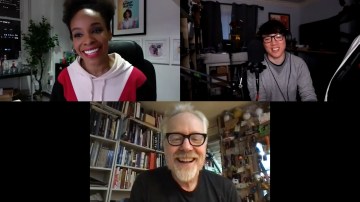
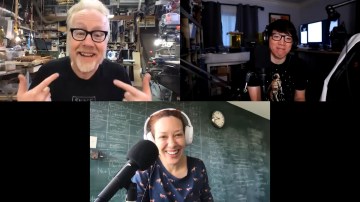
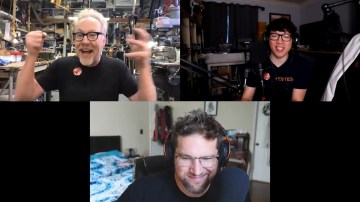
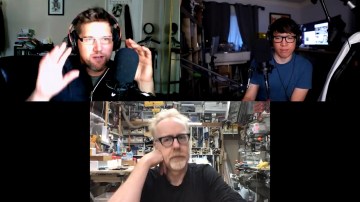
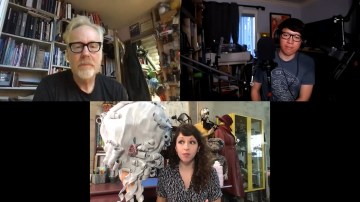
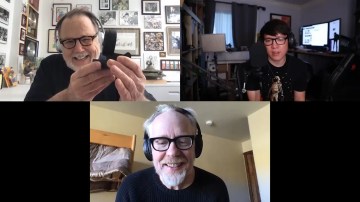
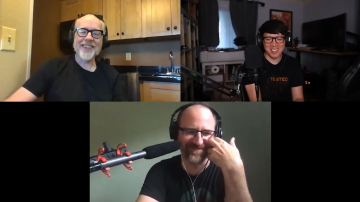
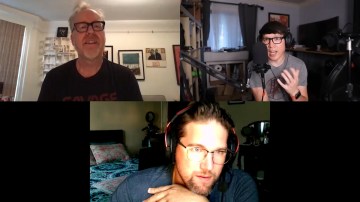
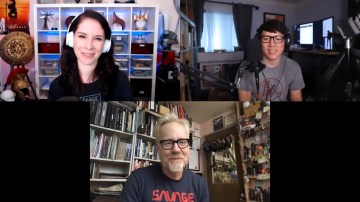
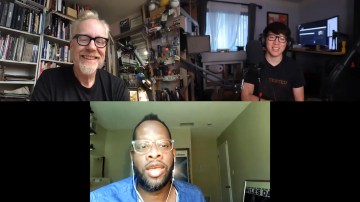
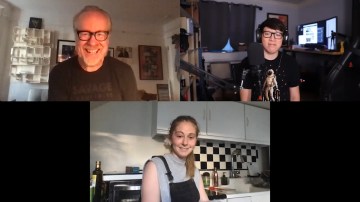

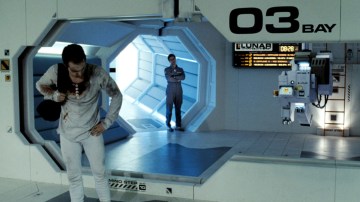


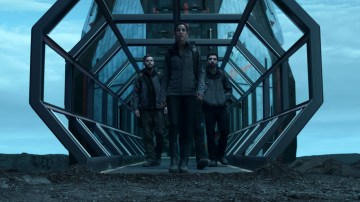


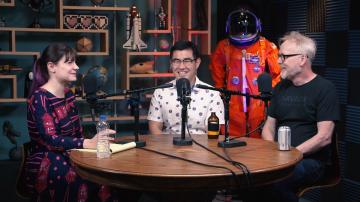

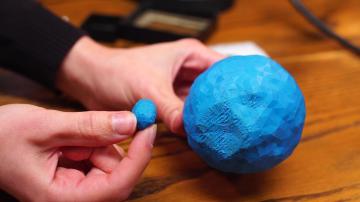


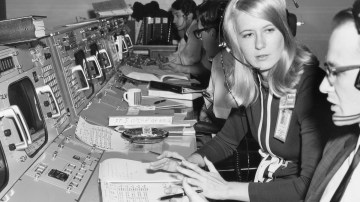
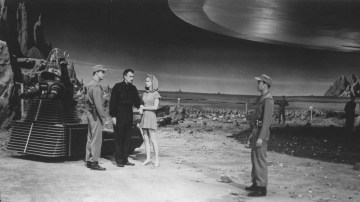

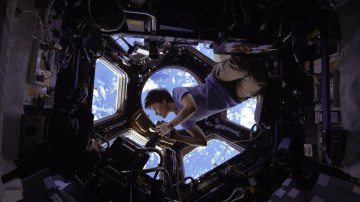



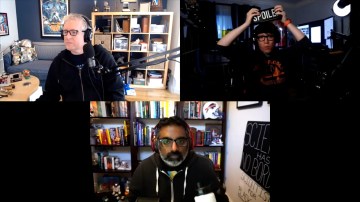
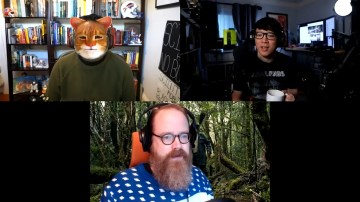
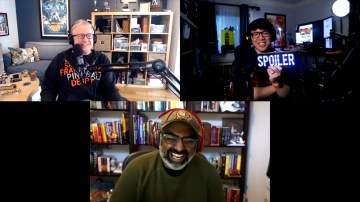
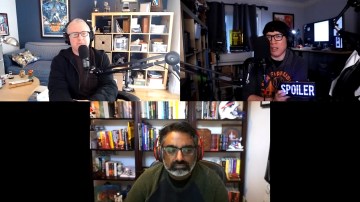
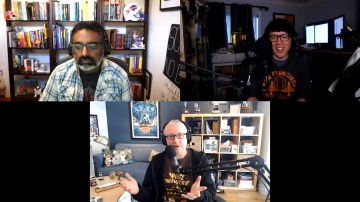
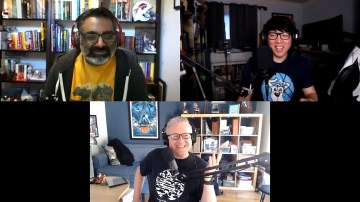
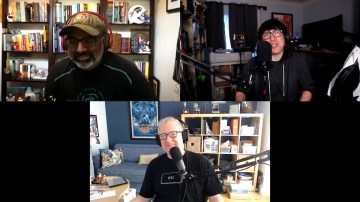
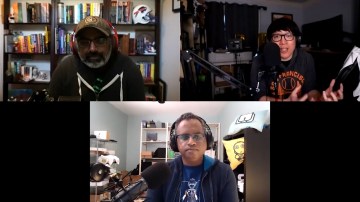
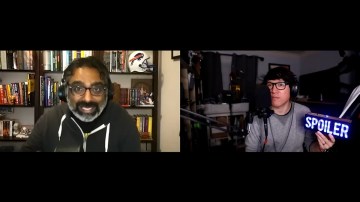
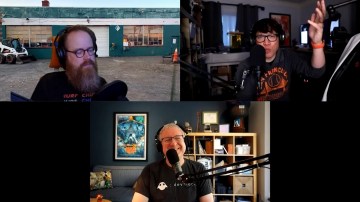
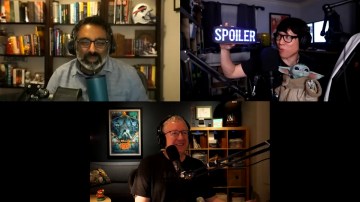
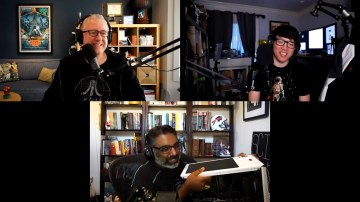
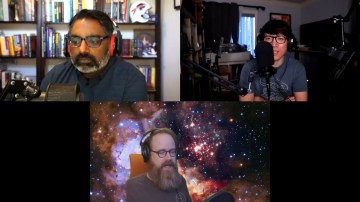
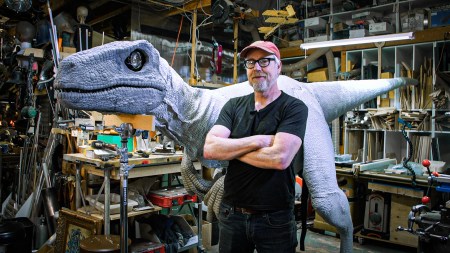

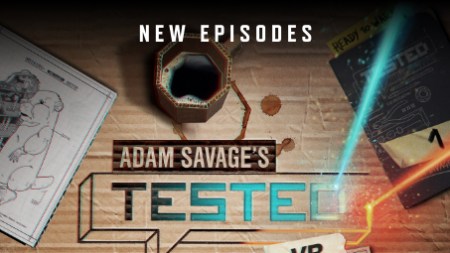
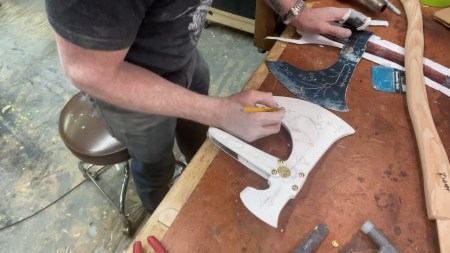
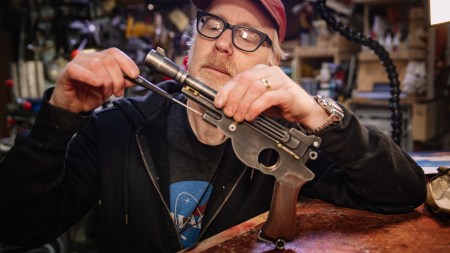
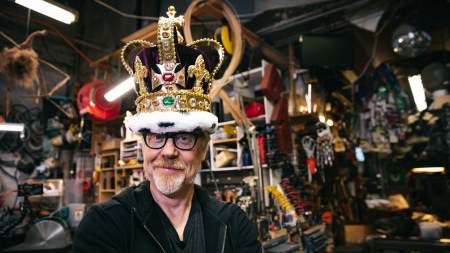
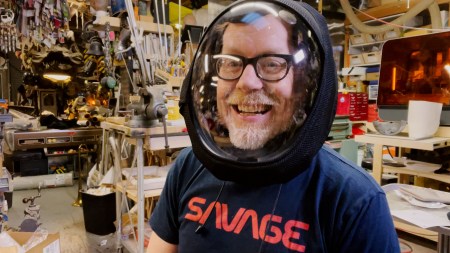
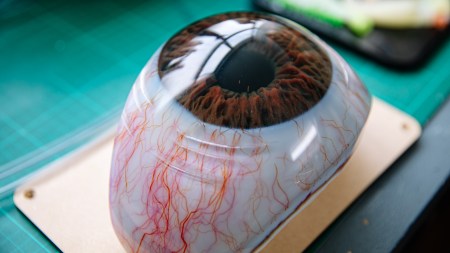
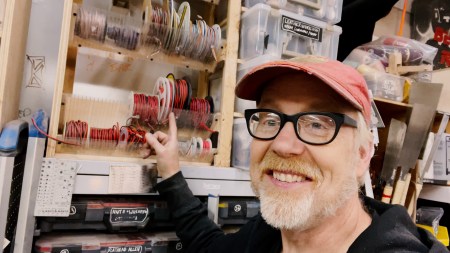
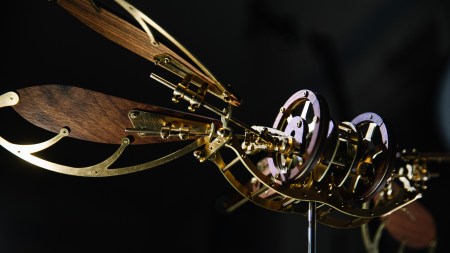
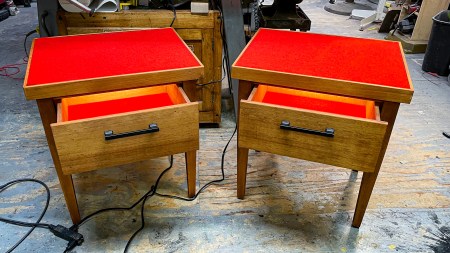
I think people take it too literally. If you want to get ahead you have to work smart and work hard. There is nothing lazy about finding efficient ways of doing your job, I am sure the company you work appreciates the work and productivity!
Depending on the age of the vehicle and the hoses, the fuel lines might be the only thing you’ll have to replace.
I like, “work smarter, not harder.” not only does it sound better, it does not imply to not work hard, just be smart about it.
I second this. As someone in a creative field, I (like Adam and many others) often find myself planning projects for weeks before I actually execute their final form.
There is a lot of hard work in that planning stage, but its work spent making the work smarter. This stage involves research, sketching, testing, sourcing materials, writing lists, making appointments, learning new skills and most importantly, presenting the idea to others to make sure it is in fact “smart”. No one needs a “stupid” project that doesn’t merit the hours it will take, especially not your client.
With experience you can avoid a lot of time spent in trial-and-error, or outright failure, by making that planning and development part of your process. Not to mention how great it feels when your smart work makes your hard work actually work the way you wanted it to work. 🙂
Hey, thanks for taking the time to answer my question!
I appreciate your advice to farm out a task if you find yourself feeling crappy when you do it. Every time I’ve said, “Well, I’m never going to do that again—that was miserable,” has always been the right decision in the long run.
Now if only our pocketbooks matched the depths of our wisdom.
Contact Yodaman in Santa Rosa. The guy knows everything about Toyota trucks and engine swaps. http://www.yodaman.net
Oh definitely, but I would say that the formula would be more complex than “X < Y = Win".
Time spent on “working smart” improves the quality of your output in ways in which simply “working hard” can’t, so even if you spend more hours (X) on planning and research than you save (Y) during the execution of the project, its important that you have as many hours (X) as is necessary to ensure a project that works, and that works well.
Adam probably spends more hours planning his prop-builds than he saves if he were to build them with less planning, but the end result gets much, much better due to that process.
I would say that an equation that shows project workflow, including the relationship between time spent planning and savings of time/work, should also include another factor, output quality. 🙂
That quality can be harder to measure than hours spent/saved, though, since the metrics of success vary from project to project and its hard to prove exactly what makes the difference.
I really need to try out this Oculus Rift, the 1st thing that popped into my mind when you were talking about it is what a must have accessory it would be for racing games, flight sims and battlefield 3 just imagine being in the cockpit view in 3D, with that 3D glass seen in Avatar (damn that movie did good 3D glass) that got me really excited. Do you think there is any chance this could be the Microsofts trump card with the next Xbox?
look for one in the middle east… they love their land cruisers…. 😉
My name is Dave Frantz, I am a 26 yr. old aircraft mechanic for Piedmont Airlines Inc., US Airways Express. I have been, as Adam Savage called it, a “maker of things” all my life. I have had an obsession with making ever since I first saw Back To The Future, I dreamed of being like Doc., and to this day if you asked me what I would love to do, it would be “to be able to create anything I can dream of with my own two hands”. I have even been garnished with the nick-name “Professor” by my co-workers at the aircraft maintenance facility where I work. I am so thrilled to have found this way of gaining knowledge on the subject and learning, as well as laughing, along with you while discovering new ways to apply my skills as an artist and indulge my desire for a greater level of creativity. A thousand times, I Thank You.
-D
I realize this is nearly a year after this was posted, but having just recently found ‘Tested’, I’m watching the podcast from the beginning. SO…… I want to comment on the Work Smart not Hard philosophy. As someone that works a lot with my hands taking things and houses apart and putting them back together, my take on the Work Smart not Hard is all about not wasting time! If you dive into a project, any size or type without a plan, you invariably make mistakes, by taking your demolition too far, damaging something that could have been saved / re-used or spending hours stripping old flooring off a sub-floor only to find out later that the hole sub-floor is going to have to come up. Trust me the feeling of “dumb” takes days to wear off. So to me ‘Work Smart not Hard is more about thinking your project through. Exploring the scope of the project. Understanding what the finished project will look like. Then work Hard knowing each step of the project you complete is a step forward and you won’t have to re-work some part because you Worked Smart before you started and made a plan.
Love the podcast and the Tested Site
Darren